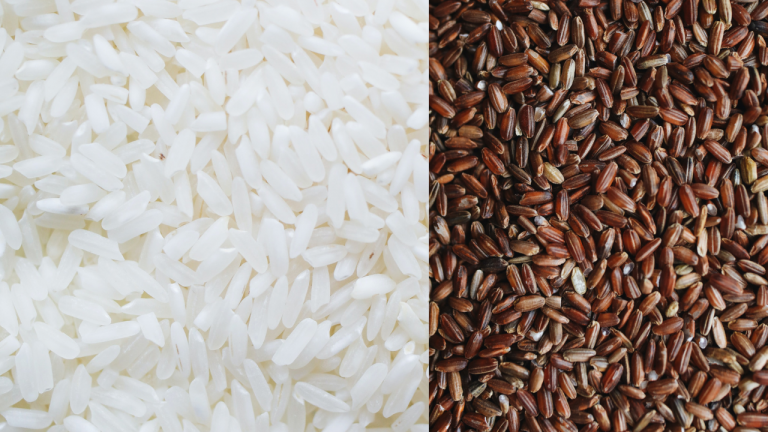Health Benefits of Shifting to a Whole Foods Vegan Lifestyle

Shifting to a whole-food vegan lifestyle can have numerous health benefits. Here are some of the potential advantages:
Reduced Risk of Chronic Diseases: Whole vegan foods are typically rich in fruits, vegetables, legumes, whole grains, nuts, and seeds. These plant-based foods are naturally low in saturated fats and cholesterol but high in fiber, vitamins, minerals, and antioxidants. Such a diet has been associated with a lower risk of chronic diseases like heart disease, hypertension, type 2 diabetes, and certain types of cancer.
Heart Health: Plant-based diets have been linked to improved cardiovascular health. They tend to be low in saturated fat and cholesterol, both of which contribute to heart disease. Plant foods are also typically high in heart-healthy nutrients like fiber, antioxidants, and phytochemicals, which can help reduce inflammation, lower blood pressure, improve blood lipid profiles, and support overall heart health.
Weight Management: A whole foods vegan diet can be beneficial for weight management. It tends to be lower in calorie density while being high in fiber, which can promote feelings of fullness and reduce overeating. Plant-based diets are also associated with lower body mass index (BMI) and lower rates of obesity compared to diets that include animal products.
Improved Digestive Health: Whole foods vegan diets are naturally rich in dietary fiber, which is essential for maintaining a healthy digestive system. A high-fiber diet can help prevent constipation, promote regular bowel movements, and support diverse and beneficial gut microbiota. This can contribute to improved overall digestive health.
Lower Risk of Certain Cancers: Plant-based diets have been associated with a reduced risk of certain types of cancer, including colon, breast, and prostate cancers. The high intake of fruits, vegetables, and other plant foods provides an abundance of phytochemicals and antioxidants, which have been shown to have anti-cancer properties and help protect against cellular damage.
Better Blood Sugar Control: Plant-based diets, particularly those based on whole foods, can benefit individuals with type 2 diabetes or those at risk of developing the condition. These diets are typically high in fiber and complex carbohydrates, which can help stabilize blood sugar levels and improve insulin sensitivity.
Enhanced Nutrient Intake: A well-planned whole foods vegan diet can provide all the necessary nutrients for optimal health. By incorporating a variety of plant-based foods, individuals can meet their nutritional needs for protein, essential fatty acids, vitamins (such as vitamins C, E, and folate), minerals (like calcium, iron, and zinc), and other micronutrients.
It’s important to note that while a whole foods vegan lifestyle can offer many health benefits, it’s crucial to ensure a balanced diet that meets all nutritional requirements. If you’re considering a dietary change, it’s advisable to consult with a registered dietitian or healthcare professional to ensure you’re getting all the necessary nutrients and maintaining a healthy lifestyle.



